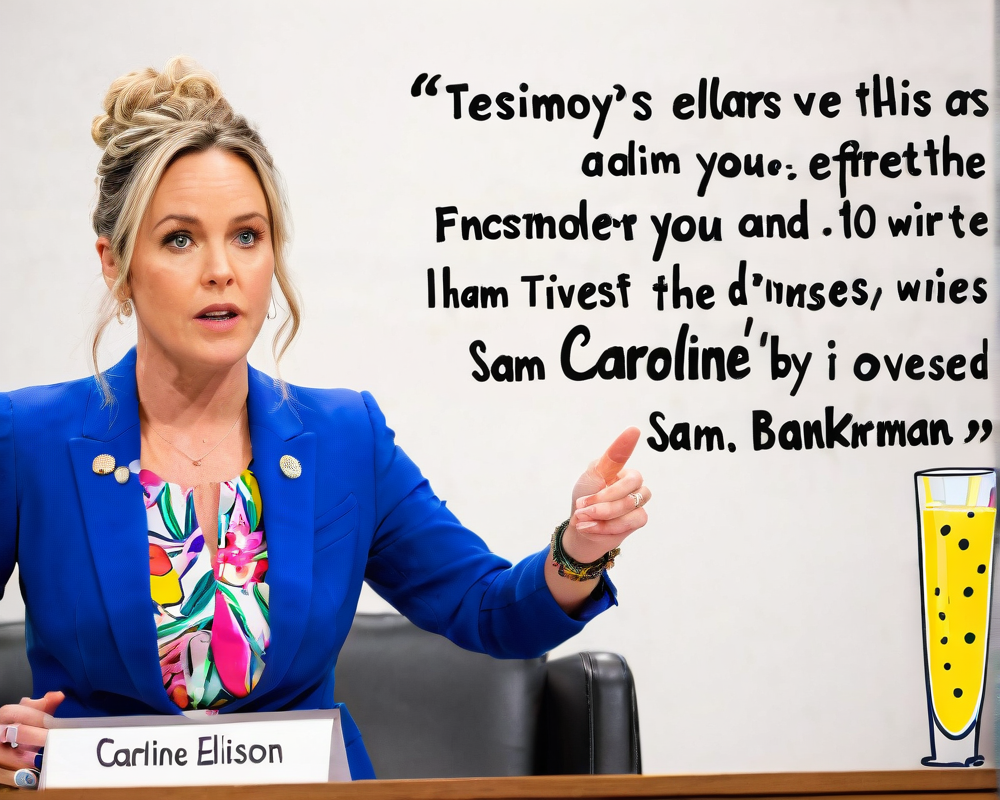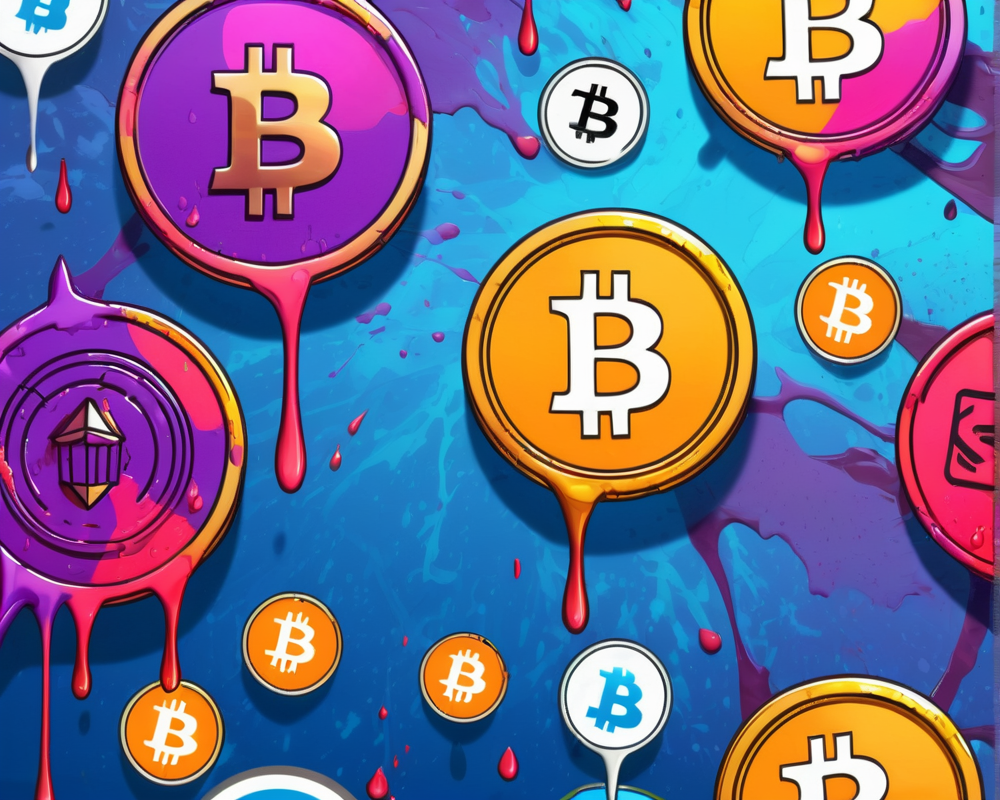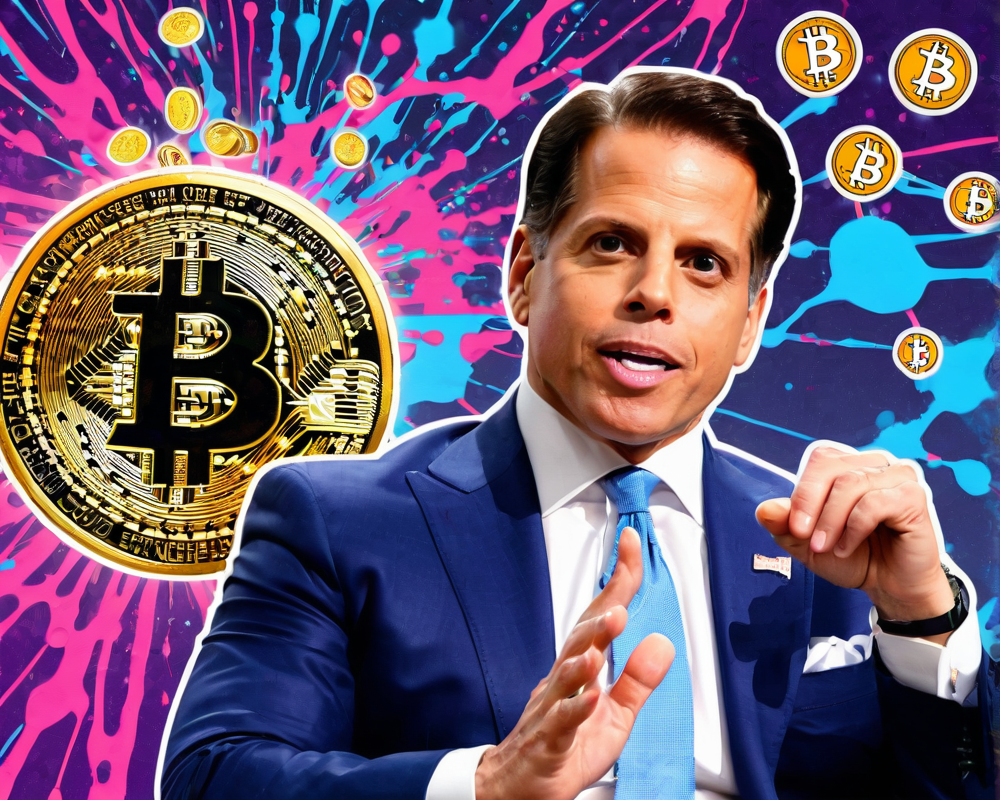In a bold move, South Korean Bitcoin lender Delio is gearing up for a showdown in the courtroom against regulators who they claim misinterpreted existing laws. The company has found itself knee-deep in legal troubles, after being slapped with a hefty fine and a three-month business suspension by the Financial Intelligence Unit (FIU).
The Allegations: Fraud or Misunderstanding?
Delio argues that the allegations of fraud and embezzlement brought forth by the Financial Service Committee (FSC) are entirely unfounded. According to their statement to local media, the FSC’s interpretation of the law has left much to be desired, especially since clear regulations for virtual asset products seem to be more of a maze than a roadmap.
Regulatory Pressure: Aiming to Shut Down?
Things took a turn for the worse for Delio when the FIU announced intentions to dismiss CEO Jeong Sang-ho amidst these sanctions on September 1. Delio claims this sanction starkly indicates that financial authorities, rather than aiding their business, are keen on closing them down. Talk about an unfriendly work environment!
The Financial Fine Print: Understanding the Implications
- **Business Suspension**: Three-month hiatus for Delio — hope they have a good Netflix subscription!
- **Hefty Fine**: A staggering 1.83 billion Korean won, roughly $1.34 million. That’s a lot of virtual assets to recover!
- **Risk of Jeopardy**: Warning from Delio about seized assets potentially ruining their operational capacity.
Legal Interpretations: Uncharted Waters
At the heart of this legal storm lies the ambiguous nature of current laws. The ongoing conflict revolves around whether companies like Delio classify as “virtual asset business operators” merely because they lend cash against virtual collateral. One could say the situation is about as clear as mud!
The Future of Virtual Assets: A Crossroad?
With each twist and turn, Delio’s legal battle raises a critical question for the future of the virtual asset industry in South Korea. Will the current regime of regulations squash innovation and growth, or will clarity finally emerge from this legal fog? As Sang-ho pointed out, this kind of red tape could potentially stifle the domestic virtual asset industry.
As the saga unfolds, stakeholders in the virtual asset space will be keeping a keen eye on the developments of Delio’s case. After all, in the wild west of cryptocurrency lending, one misstep could lead to a dramatic fall.




